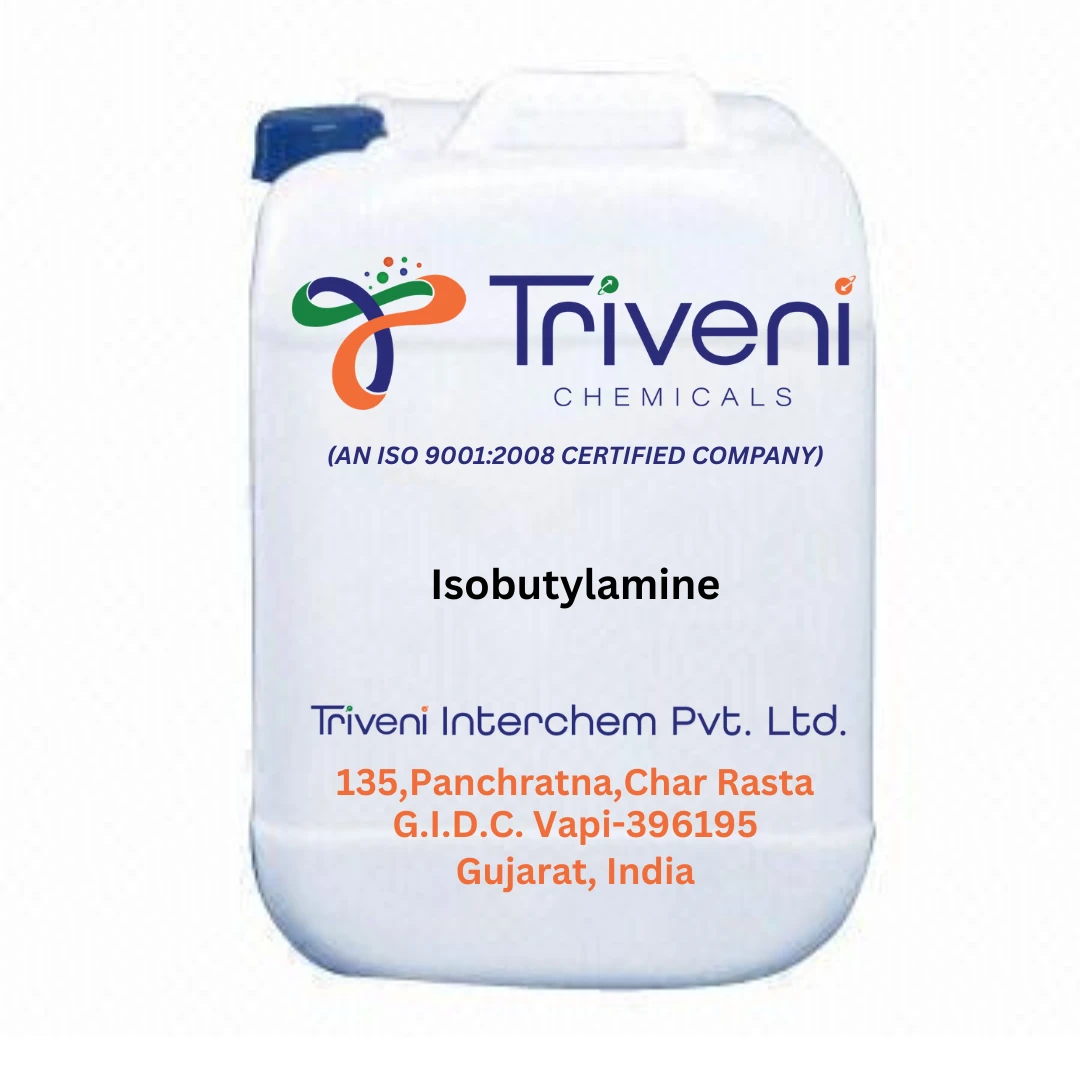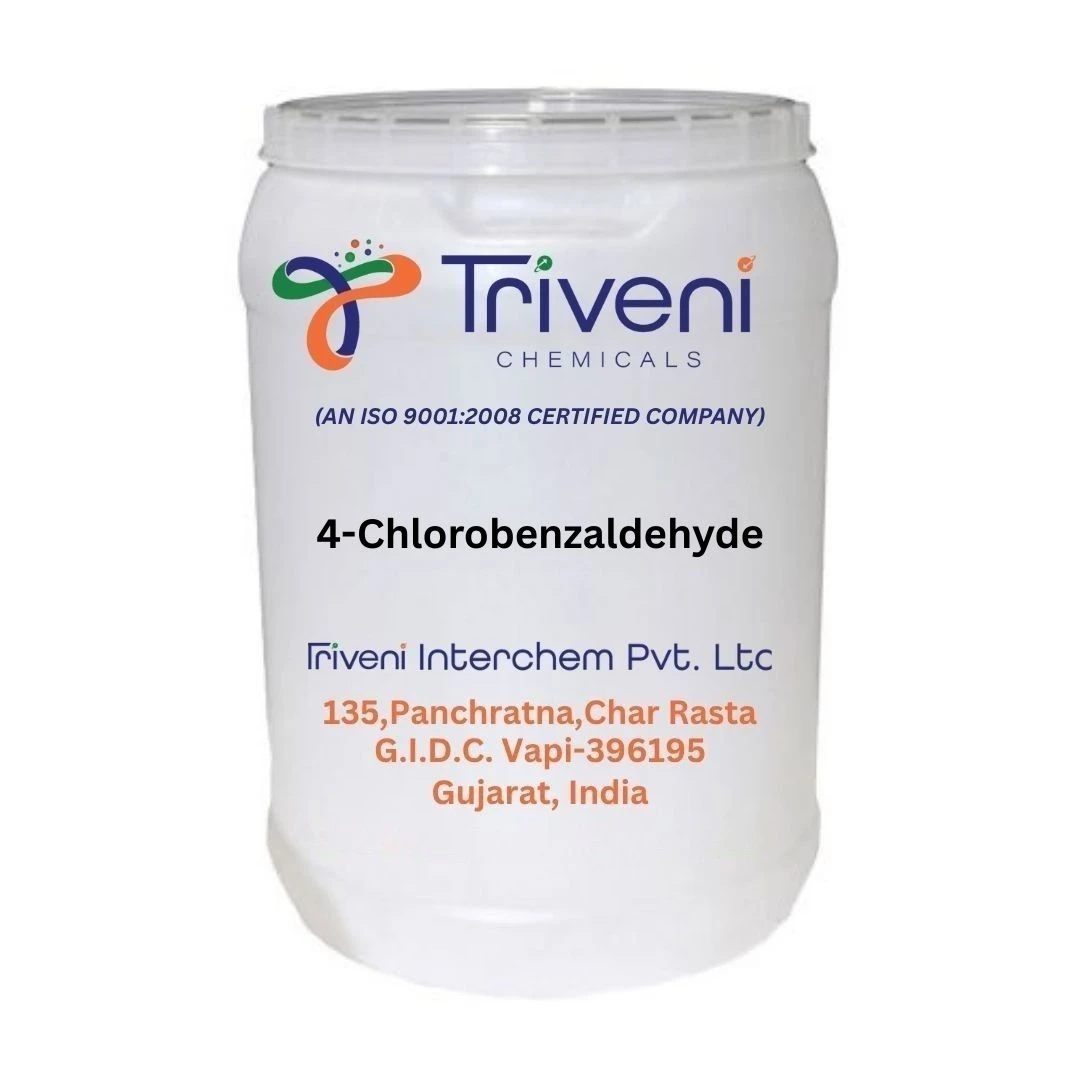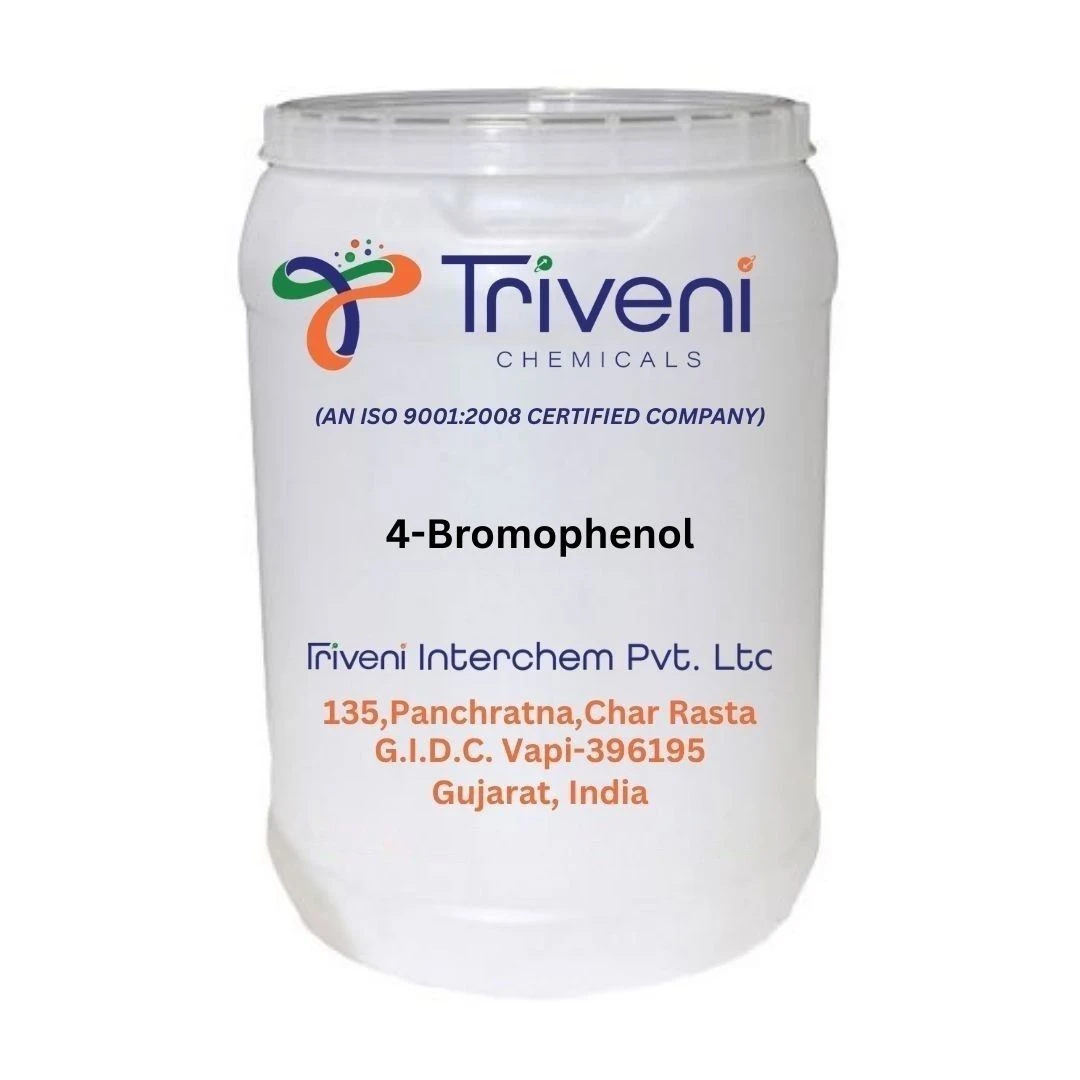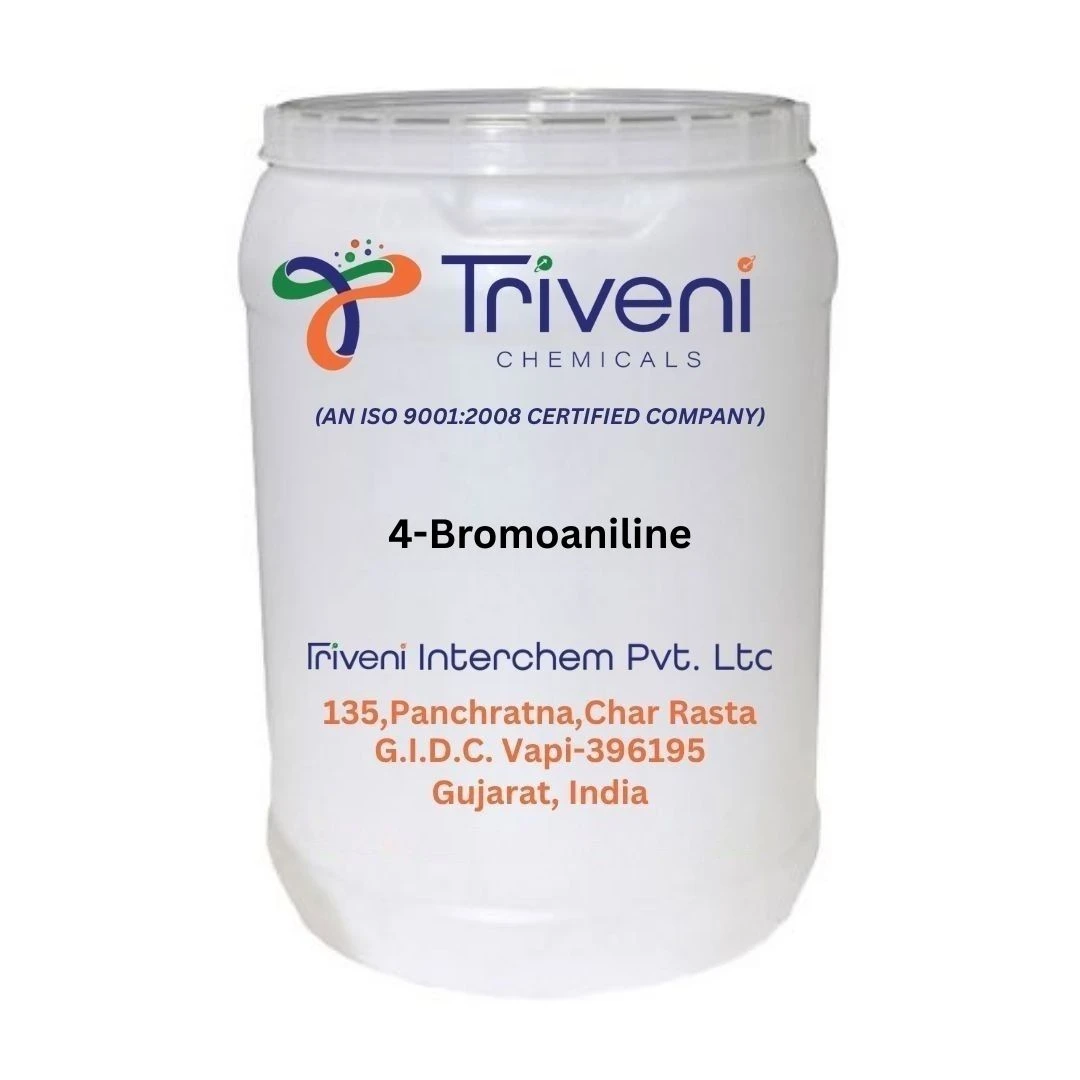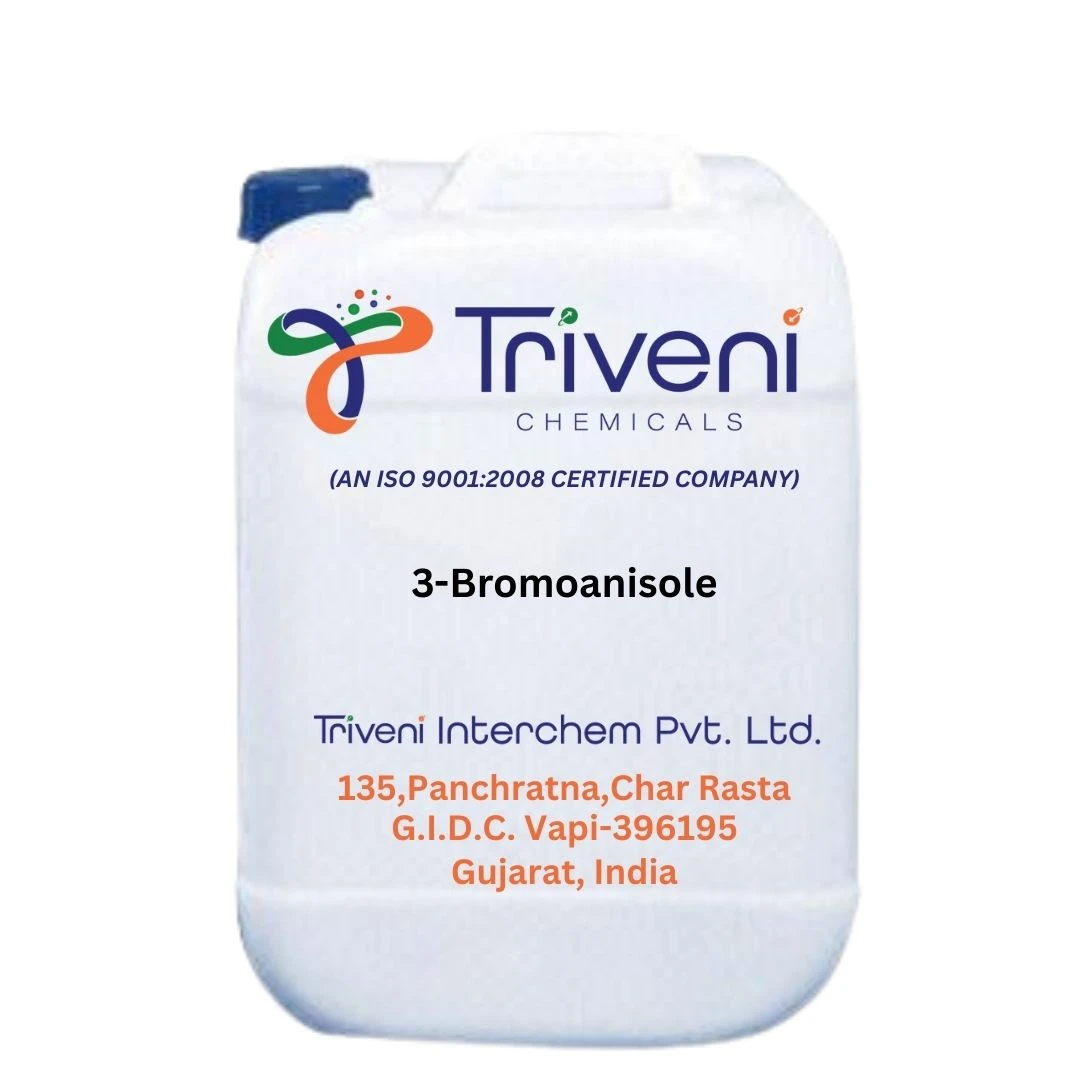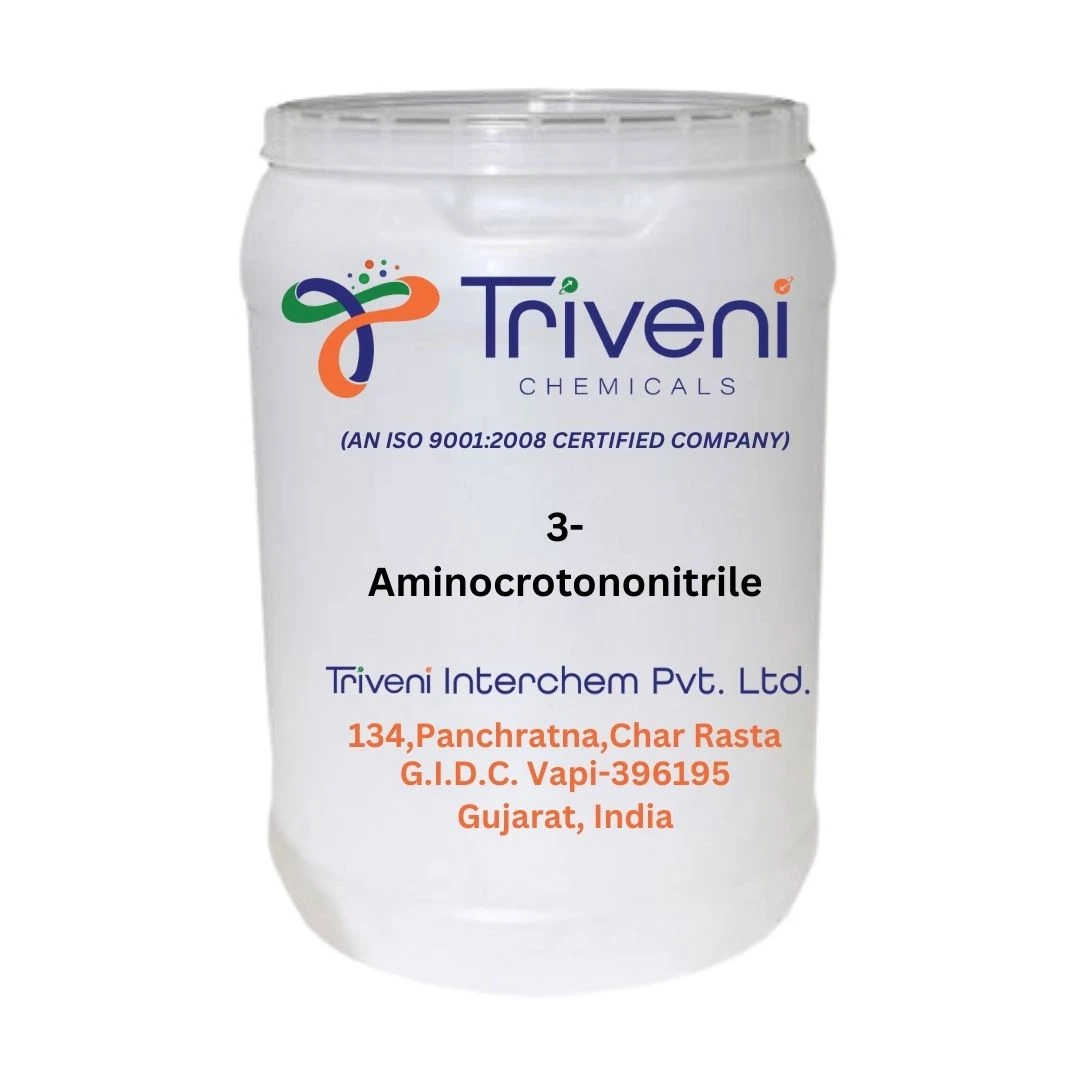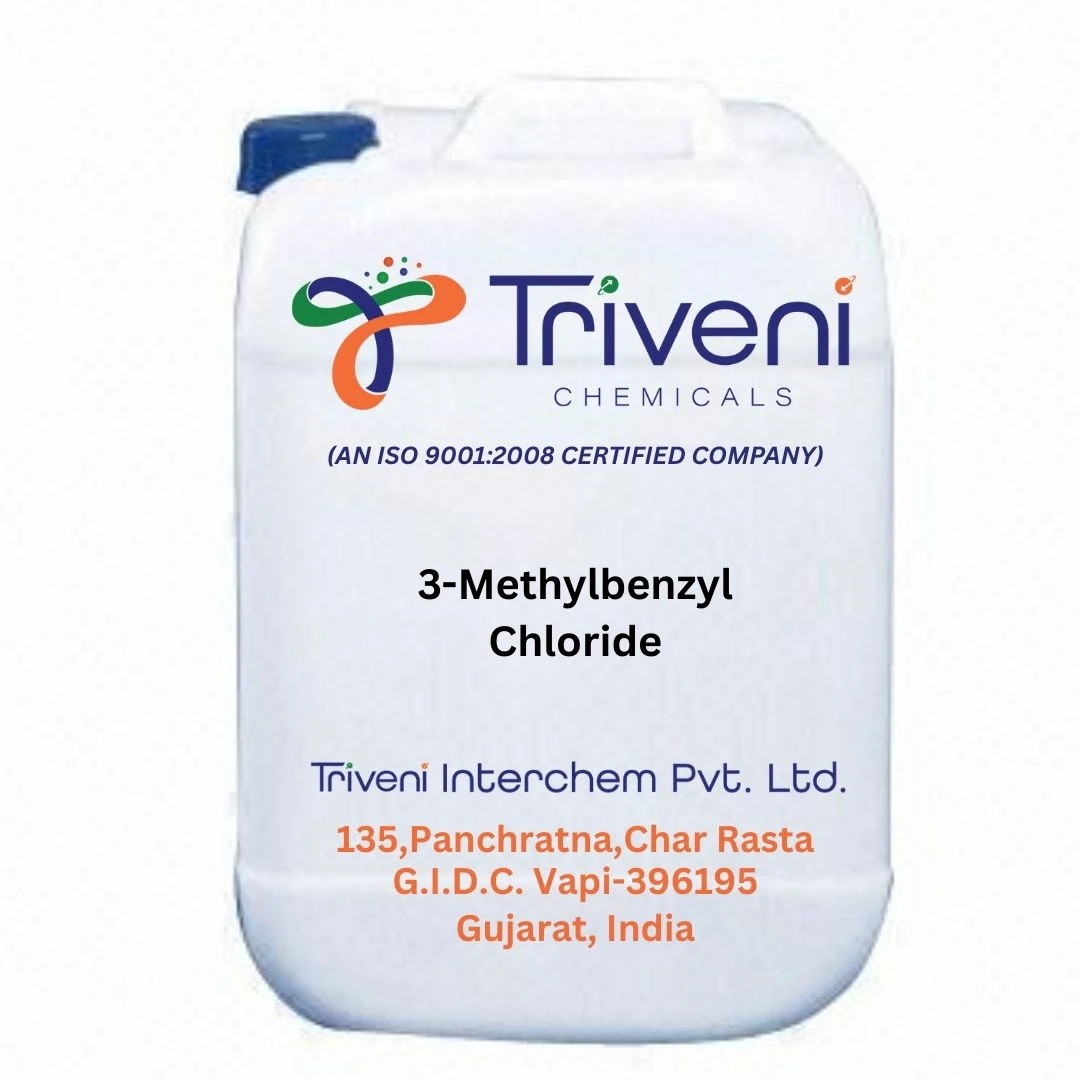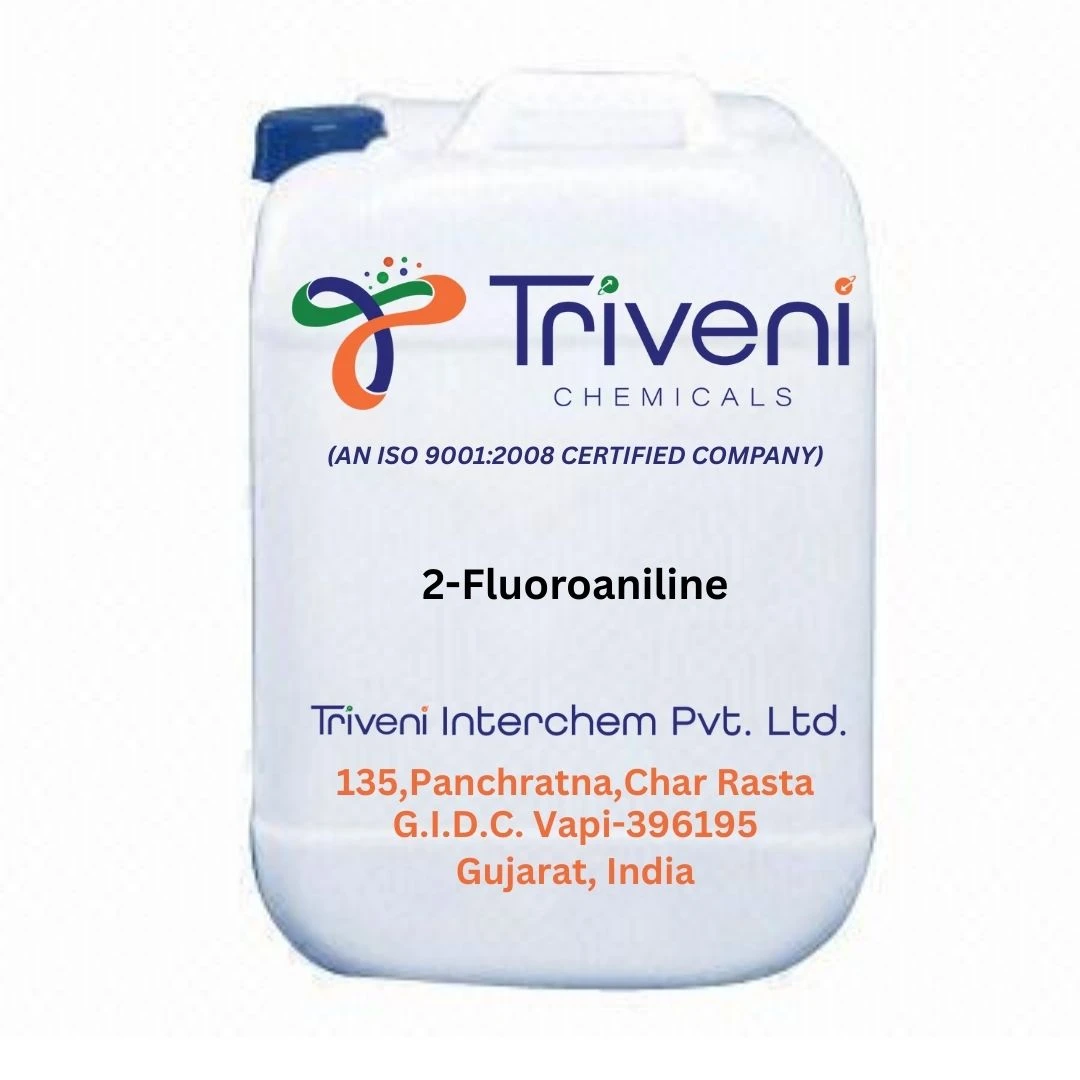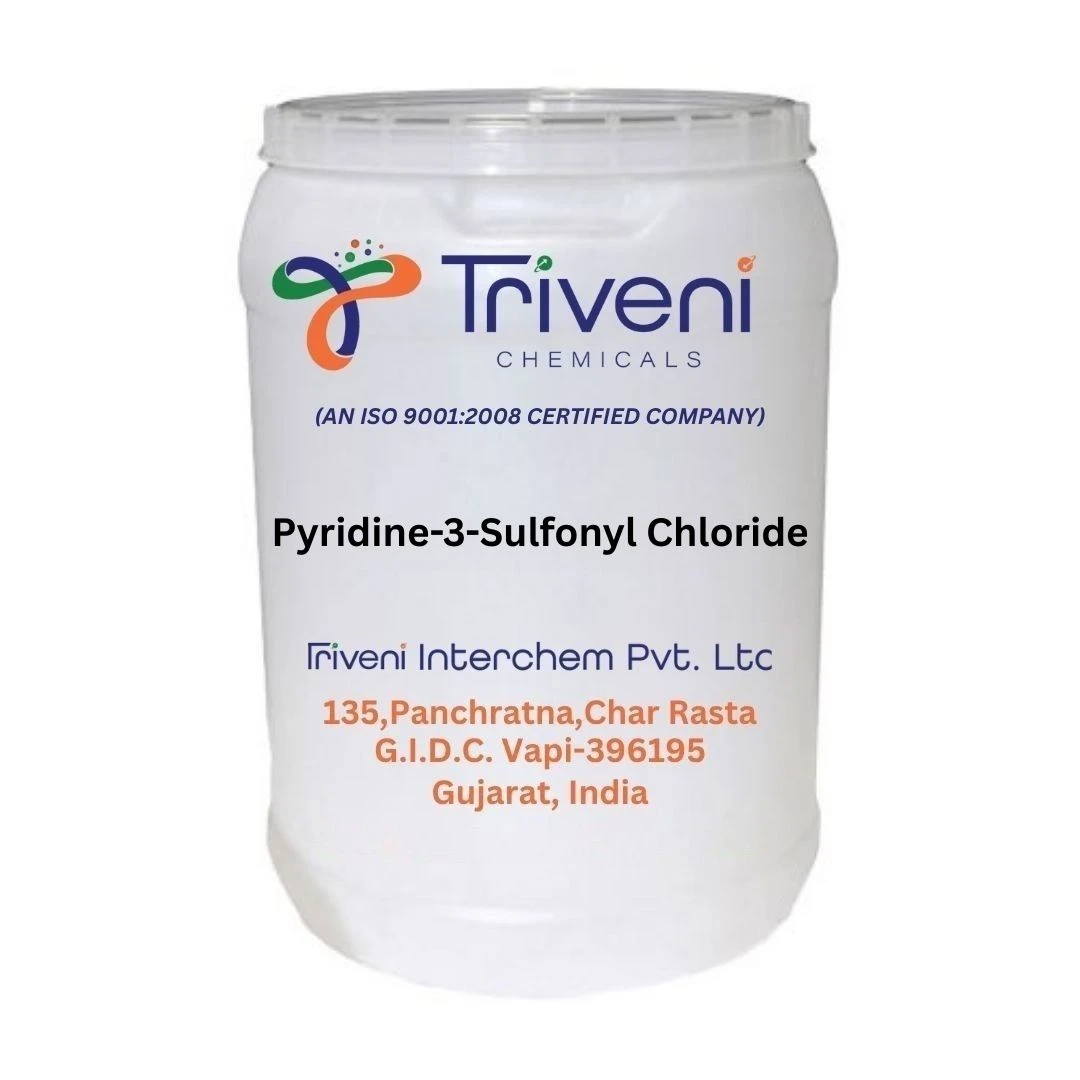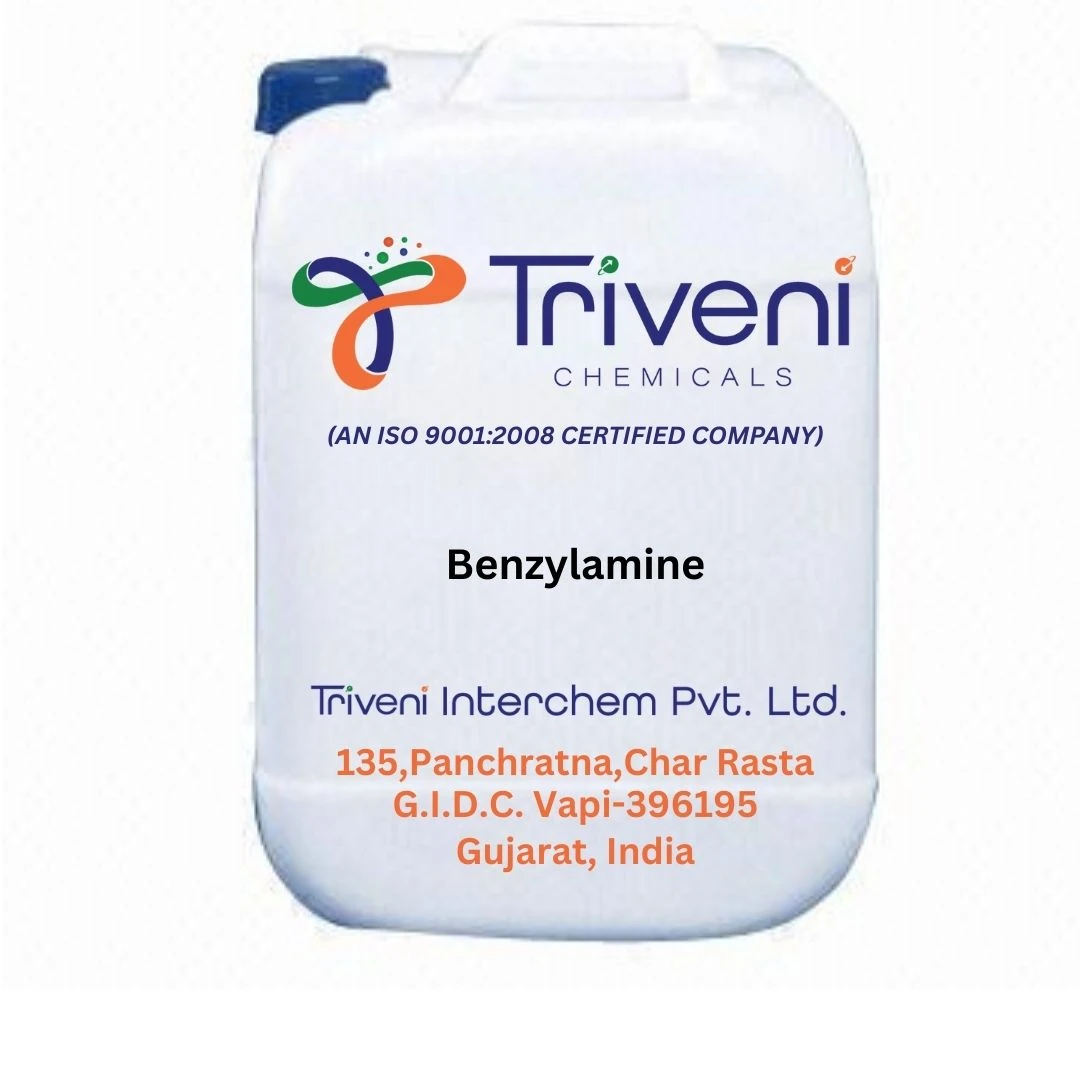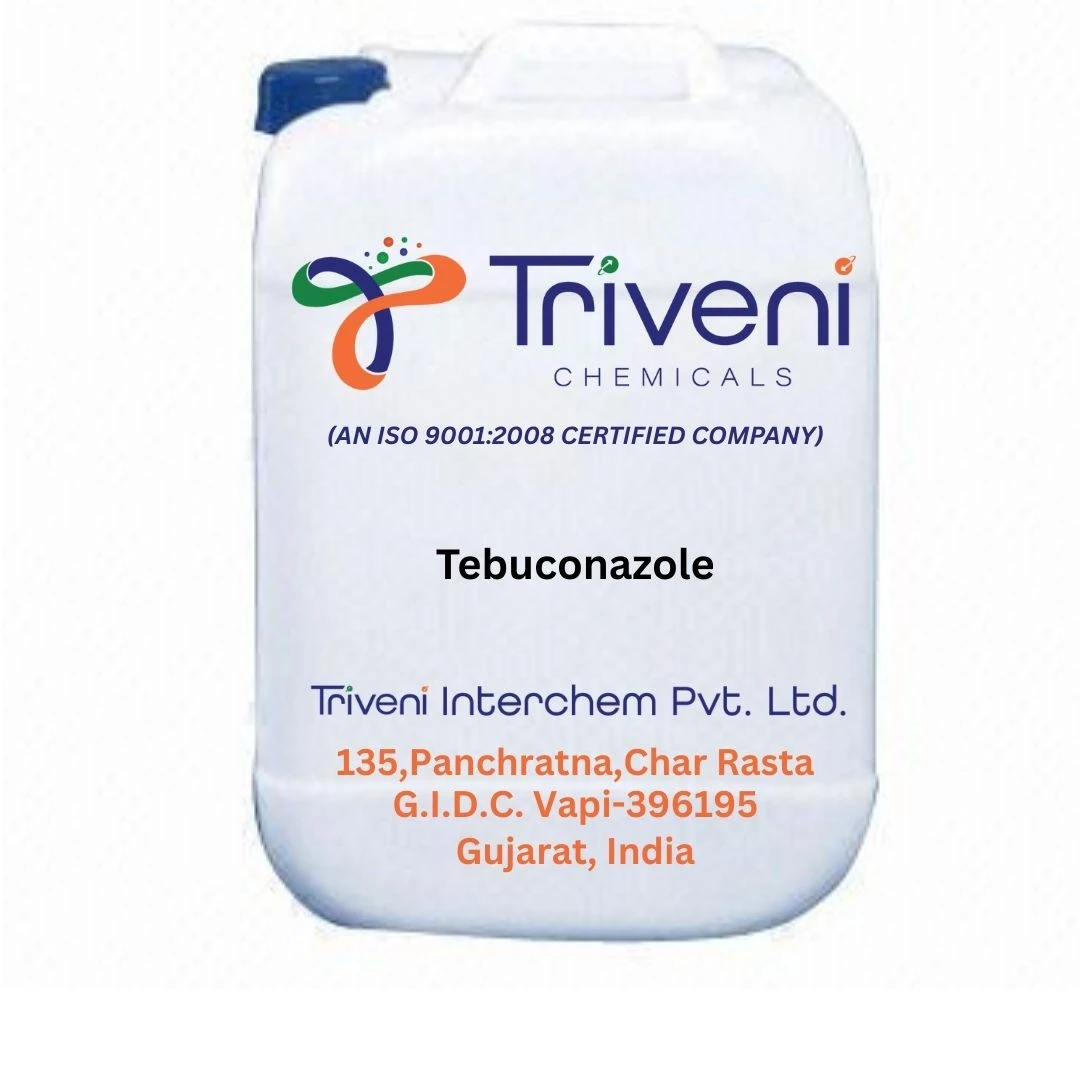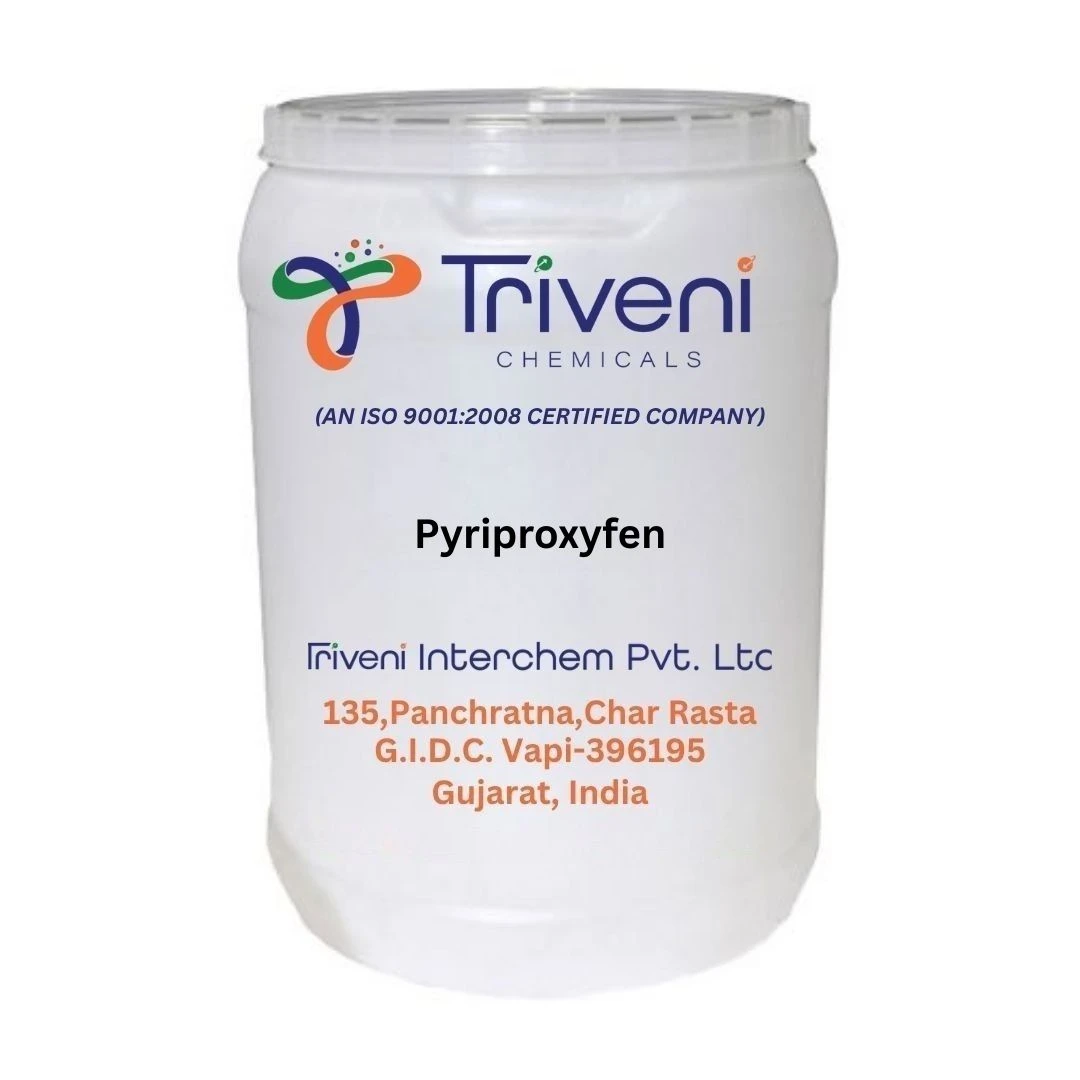Essential building blocks for the production of active pharmaceutical ingredients (APIs) are pharmaceutical intermediates. These are the chemical substances that are utilized as raw materials or building blocks in the manufacturing of different pharmaceuticals and treatments. Because they make it easier and more affordable to manufacture a variety of pharmaceutical..
Essential building blocks for the production of active pharmaceutical ingredients (APIs) are pharmaceutical intermediates. These are the chemical substances that are utilized as raw materials or building blocks in the manufacturing of different pharmaceuticals and treatments. Because they make it easier and more affordable to manufacture a variety of pharmaceutical goods, they are essential to the pharmaceutical industry. Precursors for the synthesis of APIs are among the main purposes of pharmaceutical intermediates. To become the intended active ingredient, these intermediates go through a number of chemical processes, including acylation, alkylation, reduction, and oxidation. A pharmaceutical intermediate, for instance, can be used to add a certain functional group or moiety to a molecule, giving the finished medicine the required pharmacological action. In specialist production facilities, complex chemical procedures are usually employed to produce pharmaceutical intermediates. These procedures call for a thorough understanding of the fundamentals of organic chemistry and frequently call for the utilization of cutting-edge tools and machinery. To guarantee the safety, uniformity, and purity of the intermediates, manufacturers are required to follow strict quality control procedures. The market for pharmaceutical intermediates is broad and includes a variety of chemical substances that are employed in different therapeutic domains. Typical intermediate types include the following:Amino Acids and Derivatives: Peptides and proteins are synthesized using these intermediates and are utilized in numerous therapeutic applications, such as hormone therapy and cancer treatment. Heterocyclic Compounds: These are cyclic substances that have atoms from at least two distinct elements in them, most frequently sulfur, oxygen, or nitrogen. They function as adaptable building blocks for several medications, including antifungals, antibiotics, and antivirals. Analgesics, antipyretics, and anti-inflammatory medications are synthesized using alcohols and phenols as intermediates. They offer the functional groups required to produce the intended pharmacological effect. Halogenated Compounds: To improve the stability and biological activity of pharmaceutical intermediates, halogen atoms like iodine, chlorine, and bromine can be added. Antibiotics, antipsychotics, and other pharmaceuticals are made using these intermediates. In summary, since they form the basis for the synthesis of active pharmaceutical ingredients (APIs), pharmaceutical intermediates are essential to the drug development process. Their importance stems from their capacity to provide the safe, efficient, and controlled manufacture of pharmaceuticals that enhance human health and welfare.


